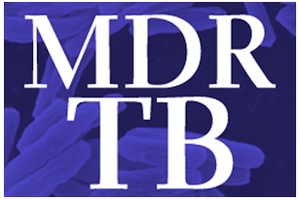The need to accelerate access to new drugs for multidrug-resistant tuberculosis
There needs to be a major scale-up of treatment for MDR tuberculosis that matches the scale-ups that have already been achieved in treatments for HIV and drug-susceptible tuberculosis.
Abstract
Approximately half a million people are thought to develop multidrug-resistant tuberculosis annually. Barely 20% of these people currently receive recommended treatment and only about 10% are successfully treated. Poor access to treatment is probably driving the current epidemic, via ongoing transmission. Treatment scale-up is hampered by current treatment regimens, which are lengthy, expensive, poorly tolerated and difficult to administer in the settings where most patients reside. Although new drugs provide an opportunity to improve treatment regimens, current and planned clinical trials hold little promise for developing regimens that will facilitate prompt treatment scale-up. In this article we argue that clinical trials, while necessary, should be complemented by timely, large-scale, operational research that will provide programmatic data on the use of new drugs and regimens while simultaneously improving access to life-saving treatment. Perceived risks – such as the rapid development of resistance to new drugs – need to be balanced against the high levels of mortality and transmission that will otherwise persist. Doubling access to treatment and increasing treatment success could save approximately a million lives over the next decade.
To read the article in full, click here.
Source: WHO Bulletin


